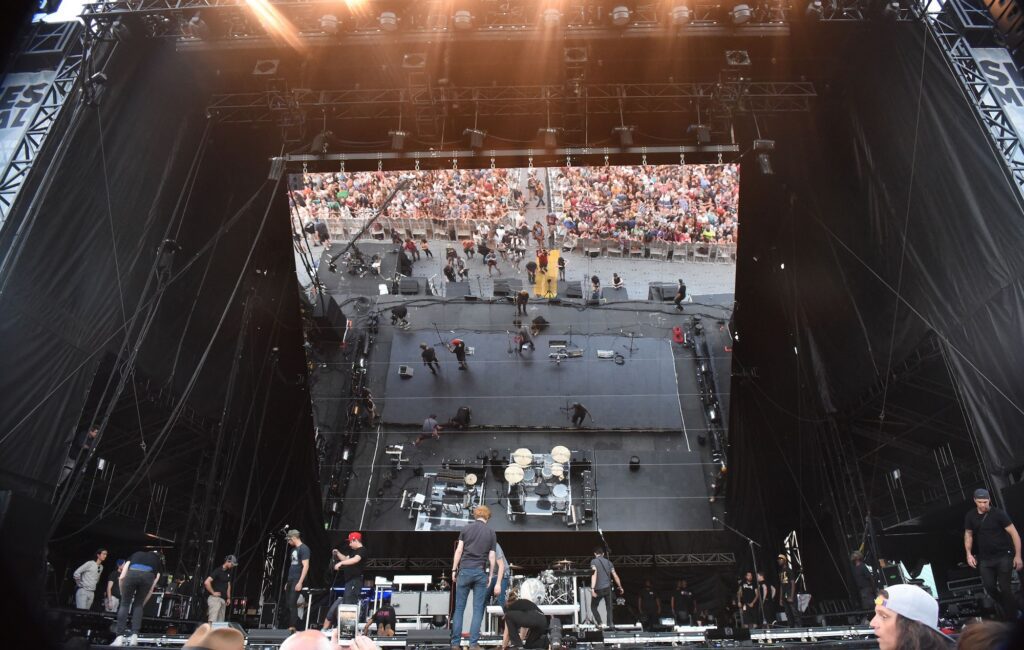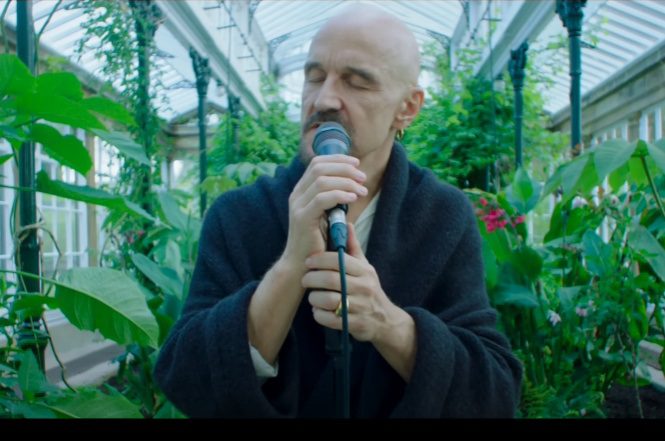Live music sector facing staff shortages as gigs begin to return
The live music industry is facing massive staff shortages as gigs begin to return, new research finds.
Socially distanced gigs are currently allowed in the UK and across much of Europe under COVID-19 rules, with all restrictions in the UK set to end on July 19 under new guidance set out by Boris Johnson last week.
Industry bodies including LIVE (Live music Industries Venues and Entertainment), the Concert Promoters Association, the Events Industry Forum and the UK Crowd Management Association have written to Johnson detailing staff shortages across the music industry, and calling for the government to help fill vacant roles.
“While the overall picture is complex, one short-term solution with immediate benefit would be to temporarily ease immigration requirements for the large numbers of workers, particularly from the EU, who have returned to their homelands during the lockdowns. This has contributed greatly to the shortfalls,” the letter reads.
“Indeed, a study in 2020 by the UK’s Economic Statistics Centre of Excellence estimated that 1.3 million migrants left the UK between July 2019 and September 2020. This figure was based on UK labour statistics, and represents over 4% of the UK workforce.”

The letter adds: “Unfortunately, evidence suggests that those unemployed within the UK workforce seem unwilling to take on many of the jobs where there are vacancies in the industries we represent. To help resolve this we ask that all those who have worked in the UK over the last three years are given the freedom to return to work here with less restrictive immigration regulations on a short-term basis.
“A relaxation of the rules does not need to be open ended but it needs to happen quickly if we are to support the recovery of the UK economy.”
Last year, the #LetTheMusicPlay campaign said that, due to the pandemic, musicians and crew are “facing biggest crisis since the 1920s”.
Charities also warned that industry professionals across the UK are experiencing an increase in anxiety and depression due to the uncertainty brought on by coronavirus, while assuring those in the music industry that help and support is available.
Last year, Chancellor Rishi Sunak told ITV News that people “in all walks of life” will have to consider changing the jobs they do in certain creative industries, leading to widespread derision of the idea – and the accompanying government website suggesting alternative careers – from various musicians including Liam Gallagher and Johnny Marr.
“Many artists have received zero support so far,” Blur drummer and Featured Artists Coalition member Dave Rowntree told NME last September. “There is no acknowledgement of their plight or any hint of a solution to get them through this crisis. We are at risk of losing much of our music industry, the jewel in the crown of one of the fastest growing sectors in the UK economy.”
In the wake of the delay to ending restrictions in the UK, bosses from some of England’s most beloved grassroots music venues have spoken of their fear and frustration, with approximately £36million set to be lost as a result of the easing of restrictions being delayed by four weeks.





